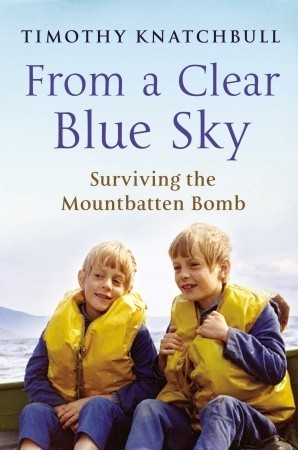What do you think?
Rate this book


432 pages, Paperback
First published January 1, 2009
"The purpose of my return to Sligo was to heal old wounds, not open them." (page 269)
We started walking
When we began to talk
I saw our words had the power to unmake history.
- A Dream of Colony